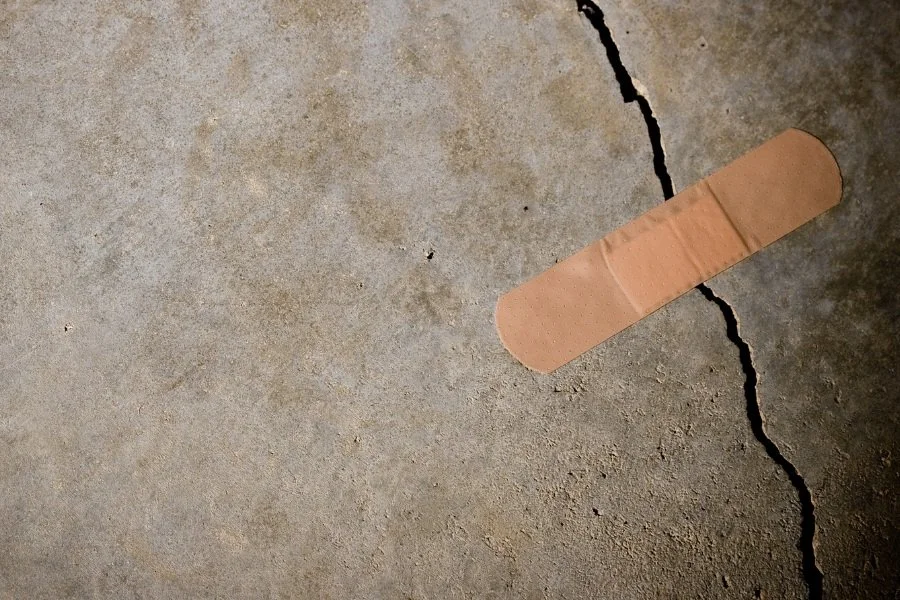Results of Disunity
It was a time marked by consumerism, the acquisition of luxuries, and the development of new technologies. Americans had wealth that they freely spent on conveniences, such as electric refrigerators, telephones, cars—all designed to make life easier. These inventions reflected the ingenuity of both the human mind and the resilience of the human spirit to overcome and perpetuate progress. Mankind had come a long way from the Paleolithic era and the reliance on early community structures to protect against unexpected attacks and unpredictable shifts in nature. Americans were enjoying the pleasures of the Roaring Twenties and were oblivious to the devastating events waiting just around the corner.
The Roaring Twenties propelled the development of new industries that previous generations could have only imagined, but these new comforts only created a pervasive (and false) sense of security. It was these circumstances that left Americans shocked by and completely unprepared for October 29, 1929—the day the stock market crashed, now known as Black Tuesday.
Following the stock market crash and the resulting Great Depression, which would last the next 10 years, the United States entered World War II. Suddenly, many Americans, regardless of their walk of life, found themselves navigating the same experience—trying to survive and hoping their loved ones returned home safely. A united United States was finally able to mobilize its economy, and its people largely banded together to support the cause.
As we look throughout human history, we can see other examples of this similar cycle—times of relative peace and prosperity followed by periods of intense (and often unexpected) turmoil. Whether societies recover from that turmoil, though, completely depends on the people at the time.
In our lifetimes, America has experienced great wealth, expansion, and advancement, but was unprepared for the circumstances surrounding the global pandemic. When a society faces catastrophic events, people instinctively come together. By nature, we are social beings. We need to belong and to nurture meaningful relationships. But the global pandemic forced us to fight these natural instincts and become more solitary and insular. Instead of hanging Rosie the Riveter posters, we shared memes of a glove-wearing Bernie Sanders sitting in a socially distanced folding chair.
To protect the lives of others, we had to pull back from our social constructs, leaving behind a growing distrust of information and disunity across our communities. We had to disconnect from our loved ones and society to survive. Now, as the severity of the global pandemic begins to slowly subside, we are left to deal with the fallout. The constant rhetoric on the airwaves sows further discord and exasperates a growing polarization, leaving us all vulnerable, distrustful, and, often, angry.
If we can draw parallels from the past to help us understand future possibilities, we should know how critical it is to protect each other despite our differing opinions. When we begin to reduce other human beings to their opinions or see them as disposable, we start to witness the consequences brought about by this mounting anger, and fear. We then see more acts of desperation driven by frustration and hatred, which tears at the fabric of society a little more.
We have survived a virus that required isolation only to now face another dangerous and growing threat—the idea that the good of one is more important than the well-being of the whole. We have a problem when we stop seeing each other as people—with similar hopes and dreams—and instead only see each other as strangers. The United States is its people—their contributions, cultures, and perspectives created a foundation that we must continue to build on and improve—together.
“The human being really has gone virtual. Now more than ever, we are trying to work and live, be productive and happy, in a world in which we are strangers to those around us. The problem is, abstraction can be more than bad for our economy…it can be quite deadly.”
~ Simon Sinek

